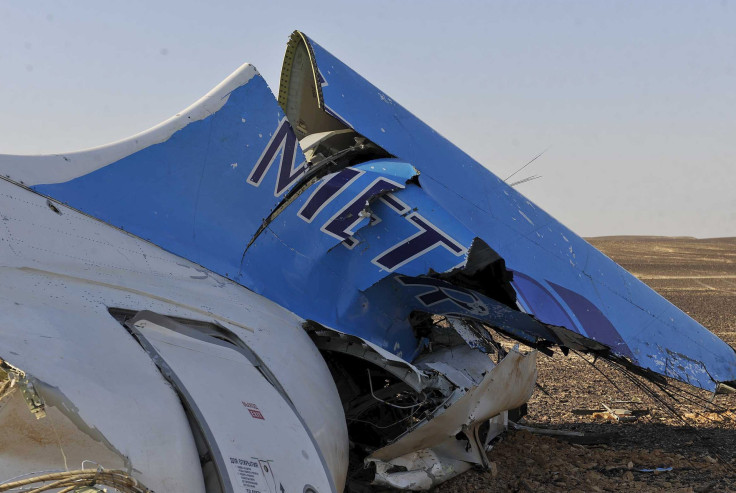Russian Metrojet Plane Crash Update: Egyptian Foreign Minister Says ‘Nobody Can Provide 100 Percent Security’

Egyptian Foreign Minister Sameh Shoukry said his country is taking measures to ensure safety of tourists after a Russian Metrojet plane crashed in Sinai Peninsula last October, killing hundreds of people on board, Sputnik News reported, citing Russian Rossiya-24 news channel Thursday. Shoukry, however, also stressed that “nobody can provide 100 percent security.”
Russia and several other Western countries suspended flights to Egypt’s Red Sea resort of Sharm el-Sheikh, from where the Metrojet flight 9268 took off before crashing in the Sinai Peninsula region. The Oct. 31 crash killed all 224 people on board.
Egypt is “open to all additional measures and all suggestions and comments from the Russian authorities. We took all the recommendations into account,” Shoukry said in an interview with Rossiya-24 during his three-day visit to Moscow, according to Sputnik News.
Shoukry is also expected to discuss about resuming the flights between the two countries with the Russian officials. Earlier in January, Kremlin spokesman Dmitry Peskov said Russia and Egypt are working to resolve air safety issues.
“As for Egypt, you know that our special representatives are in contact with Egyptian colleagues. From the very beginning, when flights were suspended, we said that they were being suspended until the necessary security conditions for our [Russian] citizens were in place,” Peskov said at the time.
An investigation is ongoing to determine the cause of the Metrojet Flight 9268’s crash while Russian and Western governments maintained that the plane was brought down by a bomb — a theory consistently rejected by Egypt. In December, Cairo released a preliminary report saying its investigation committee did not “receive any evidence” that indicated foul play in the A321 Airbus’ crash.
In November, Britain said it had information that showed the plane was downed by an “explosive device.” An American official had also said at the time that U.S. intelligence indicated the crash was most likely caused by a bomb planted by the Islamic State group, or by an affiliate of the militant group. Also in November, Russian newspaper Kommersant, citing an unnamed source, reported that a bomb was placed in the aircraft’s main cabin.
© Copyright IBTimes 2025. All rights reserved.






















